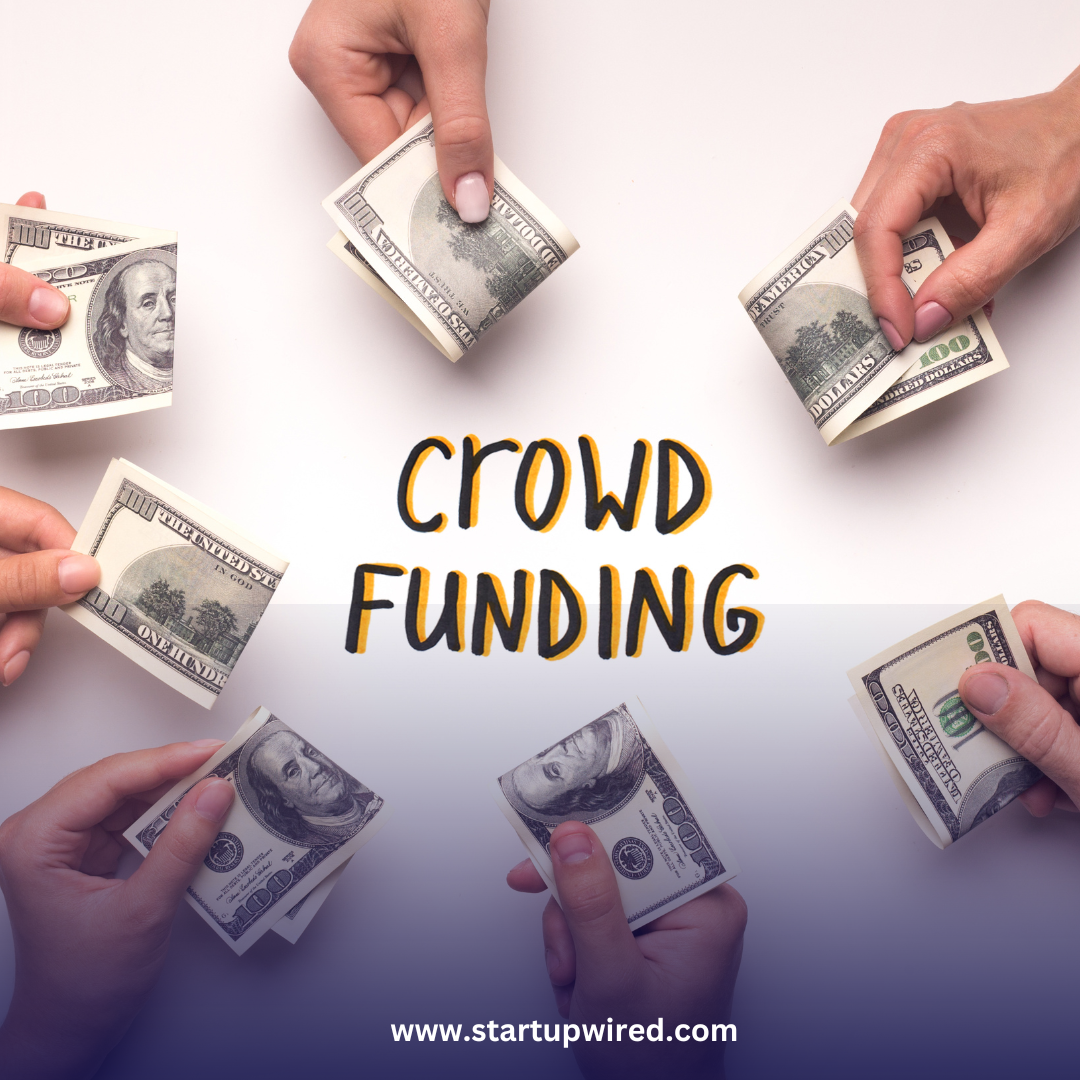Crowdfunding has revolutionized the way startups raise capital, enabling entrepreneurs to secure funding directly from individuals who believe in their vision. In 2024, several startups have leveraged this model to not only meet but exceed their funding goals, capturing significant attention in the process. This article delves into notable crowdfunding success stories of the year, analyzes emerging trends in the crowdfunding landscape, and examines the implications for the startup ecosystem.
Notable Crowdfunding Success Stories of 2024
1. Revolut: Early Crowdcube Investors Reap Significant Returns
In 2015, fintech startup Revolut offered shares to small investors through the crowdfunding platform Crowdcube. These early backers are now seeing substantial returns on their investments. Shares purchased at $2.14 each can now be sold for $865.42, translating an average initial investment of £2,309 into over £900,000. This development underscores the potential long-term benefits of early-stage investments in startups.
2. Aptera Motors: Leveraging Regulation A for Massive Fundraising
Aptera Motors, a startup developing a solar-powered three-wheel vehicle, utilized a regulatory exemption known as Regulation A to raise over $120 million from individual investors through crowdfunding campaigns. Despite not yet delivering a single vehicle, the company attracted significant investment, highlighting both the opportunities and risks associated with investing in early-stage startups through crowdfunding, as per The Wall Street Journal.
3. Boxabl: Attracting Investment for Innovative Housing Solutions
Boxabl, aiming to mass-produce tiny foldable houses, raised $150 million via crowdfunding, also under Regulation A. The startup has delivered only 223 units so far, raising questions about the scalability and execution of ambitious projects funded through crowdfunding.
Emerging Trends in Crowdfunding for Startups
The crowdfunding landscape is continually evolving, with several key trends emerging in 2024:
1. Increased Adoption of Equity Crowdfunding
Equity crowdfunding has gained traction, allowing investors to acquire ownership stakes in startups. In 2020, U.S. equity crowdfunding raised $214.9 million, marking a 105% growth compared to 2019. This upward trend has continued, with more startups and investors participating in equity-based campaigns.
2. Rise of Niche Crowdfunding Platforms
Platforms catering to specific industries or causes, such as music, film, and social impact, have emerged, enabling startups to target and engage with more focused investor communities.
3. Growing Importance of Video Content
Campaigns incorporating video content have been shown to raise more funds than those without. The emphasis on visual storytelling has become increasingly important in engaging potential backers.
4. Integration of Blockchain Technology
Some crowdfunding platforms are utilizing blockchain to enhance transparency and security in transactions, appealing to tech-savvy investors and startups.
5. Focus on Social Impact
There is a growing emphasis on startups with commitments to environmental, social, and governance (ESG) criteria, aligning with the values of socially conscious investors.
Implications for the Startup Ecosystem
The developments in crowdfunding have several implications for startups:
1. Access to Capital
Crowdfunding provides startups with alternative avenues to secure funding, reducing dependence on traditional venture capital and enabling a broader range of projects to receive financial backing.
2. Market Validation
Successful crowdfunding campaigns can serve as proof of concept, demonstrating market demand and validating business ideas before large-scale production or launch.
3. Community Building
Engaging directly with backers allows startups to build a community around their products or services, fostering brand loyalty and advocacy from the outset.
4. Regulatory Considerations
The use of regulatory exemptions like Regulation A facilitates significant fundraising but also necessitates transparency and accountability to protect investors, particularly those who are inexperienced.
Challenges and Considerations
While crowdfunding offers numerous benefits, startups should be mindful of potential challenges:
1. Execution Risks
As seen with Aptera Motors and Boxabl, attracting substantial investment does not guarantee successful execution. Startups must manage expectations and deliver on promises to maintain credibility.
2. Regulatory Scrutiny
Increased use of crowdfunding has led to greater regulatory oversight to protect investors, which can introduce compliance complexities for startups.
3. Market Saturation
The growing popularity of crowdfunding means increased competition for investor attention, making it essential for startups to differentiate their campaigns effectively.
Conclusion
The crowdfunding landscape in 2024 reflects a dynamic intersection of innovation, investment, and entrepreneurship. Startups that have made headlines this year demonstrate both the potential and challenges of this funding model. As the ecosystem continues to evolve, staying informed about emerging trends and best practices will be crucial for startups and investors alike to navigate the opportunities and risks inherent in crowdfunding.
